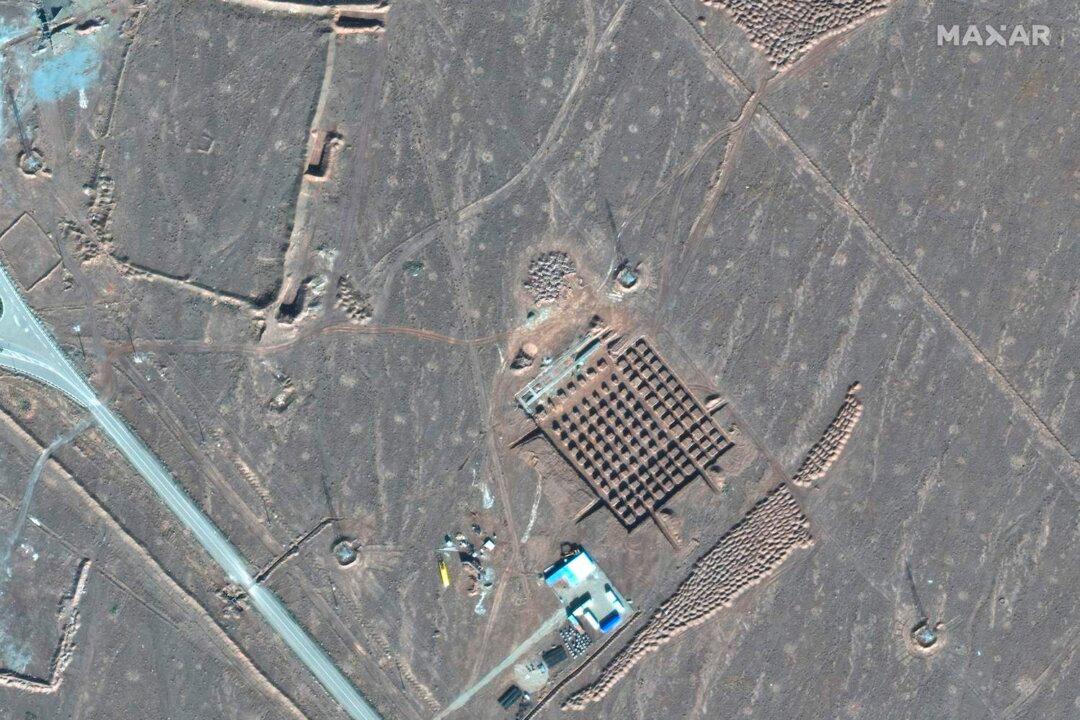Iran declared on Monday that it began enriching uranium up to 20 percent at its Fordo facility and seized a South Korean-flagged oil tanker in the Strait of Hormuz, amid escalating tensions in the Middle East around the anniversary of the killing of Iran’s former top general Qassem Soleimani.
Iranian spokesman Ali Rabiei said that President Hassan Rouhani had given the order for the move at the Fordo facility.





